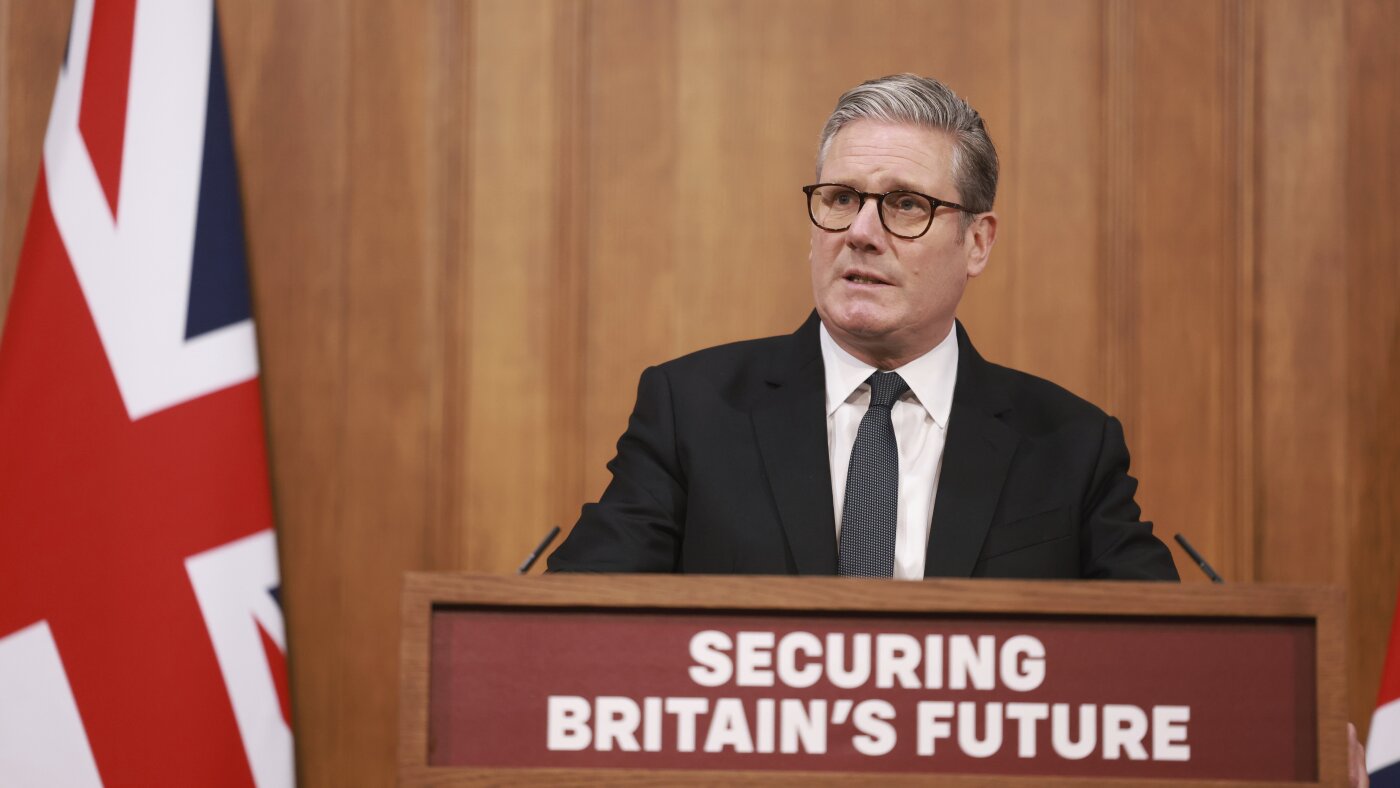The U.K.’s Shift in Immigration Policy
A New Era of Immigration Control
The United Kingdom is at a crossroads, steering away from its previous open-border policies towards a more controlled and selective immigration system. Prime Minister Keir Starmer has boldly declared the end of what he calls a “failed experiment in open borders,” setting the stage for stricter immigration controls. This shift is not just a policy change but a significant moment in the U.K.’s approach to immigration, aiming to reduce the number of immigrants and make permanent settlement more challenging.
The Driving Forces Behind the Change
Several factors have driven this policy shift. Voter frustration over high levels of immigration is a significant factor, as is the perceived failure of previous open-border policies. The current administration describes the situation as a “squalid chapter” in Britain’s history, suggesting that unrestricted immigration has led to various social and economic challenges. The new policies are part of a broader strategy to “take back control” of the country’s borders, a phrase that echoes the U.K.’s Brexit narrative and resonates with many voters.
The Nuts and Bolts of the New Policies
The new immigration rules focus on several key areas, each with its own set of implications:
Work Visas: Prioritizing Skills
The government plans to restrict skilled worker visas to graduate-level jobs. This move aims to ensure that only highly skilled individuals can enter the country for work, thereby reducing the influx of lower-skilled labor. The rationale is to encourage businesses to invest more in training local workers, boosting the domestic workforce. However, this could also lead to labor shortages in sectors that rely heavily on foreign workers.
Family Visas: Limiting Dependents
The criteria for family visas will also be tightened, making it more difficult for individuals to bring family members into the U.K. This is part of a broader effort to limit the number of dependents who can enter the country, which has been a significant contributor to high immigration numbers. While this could help reduce immigration numbers, it could also lead to family separation and other social issues.
Student Visas: Ensuring Genuine Intent
The rules for student visas will be revised to ensure that only genuine students who intend to study and contribute to the U.K.’s educational system are granted entry. This move aims to prevent the misuse of student visas as a means to enter the country for work purposes. However, it could also make it more difficult for international students to study in the U.K., potentially impacting the country’s higher education sector.
Political Pressures and Public Sentiment
The new immigration policies come amidst significant political pressures. The rise of Reform UK, a hard-right party led by Nigel Farage, has added urgency to the government’s efforts to address immigration concerns. Reform UK’s victories in local elections have highlighted growing voter dissatisfaction with high immigration levels, prompting Starmer’s administration to take decisive action. The political landscape is charged, and the government is walking a fine line between addressing voter concerns and maintaining the U.K.’s reputation as an open and welcoming country.
Economic and Social Ramifications
The economic implications of these changes are complex. Reducing the number of immigrants could lead to labor shortages in certain sectors, particularly those that rely heavily on foreign workers. However, it could also encourage businesses to invest more in training and developing local talent, potentially boosting the domestic workforce’s skills and productivity. The long-term economic impact will depend on how well the U.K. can balance the need for labor with the need to develop its domestic workforce.
Socially, the new policies could alleviate some of the pressures on public services and infrastructure, which have struggled to cope with the influx of immigrants in recent years. However, there are also concerns about the potential for increased xenophobia and social division. Stricter immigration controls could be perceived as a rejection of diversity and multiculturalism, potentially leading to a more divided society.
A Balancing Act
The U.K.’s shift in immigration policy is a balancing act, weighing the need to address voter concerns and reduce the strain on public services against the need to maintain a diverse and multicultural society. The government will need to monitor the impact of these changes carefully, ensuring that they are balanced and fair, and that they promote the well-being of both the U.K.’s residents and its immigrants.
Conclusion: A New Chapter in Immigration Policy
The U.K.’s decision to end its “failed experiment in open borders” marks a significant turning point in its immigration policy. This new chapter raises important questions about the future of the U.K.’s workforce, economy, and social fabric. As the government implements these changes, it will be crucial to ensure that they are balanced, fair, and promote the well-being of all residents. The coming years will be pivotal in shaping the U.K.’s future as a nation, and the success of these policies will depend on the government’s ability to navigate the complex challenges that lie ahead. The world will be watching, and the U.K.’s actions will send a clear message about its values and priorities in the 21st century. The stakes are high, and the outcomes will shape the U.K.’s future for generations to come.

